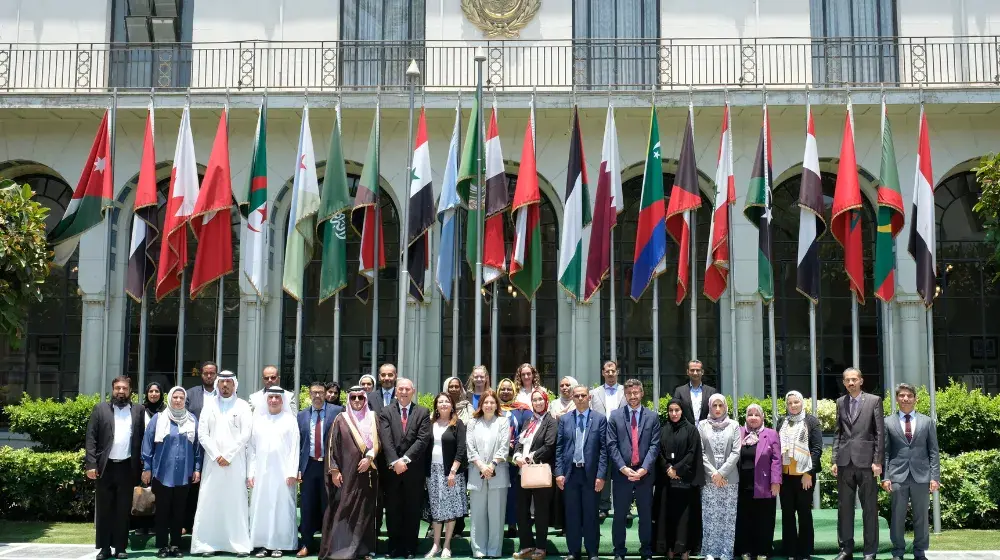A study commissioned by UNFPA across 12 Arab countries revealed a five-fold return for every dollar invested in ending unmet needs for family planning and preventable maternal deaths. Despite this, an additional $7 billion investment is needed by 2030 to realize these goals in the Arab Region.
In collaboration with the League of Arab States (LAS) and the World Health Organization (WHO), the UNFPA Arab States Regional Office organized a high-level workshop on July 1st-2nd, 2024, focused on Health-Friendly Budgeting Strategy (HFBS). This event brought together high-level representatives from all Arab countries to address the critical issue of health financing in the region.
The event was supported by UNFPA's thematic Trust fund — the UNFPA Supplies Partnership, which is a Global Health Initiative that strengthens health systems through improving supply chains, advancing policy, diversifying financing, and expanding access to quality-assured contraceptives and maternal health medicines – reaching over 20 million women and girls annually in the lowest-income countries. The UNFPA Supplies Partnership is also the world’s largest provider of donated reproductive health commodities – spending US$ 136 million to procure supplies in 2023.
The workshop centered on the dissemination of the Arab strategy for a health-friendly budget, a collaborative effort between LAS, UNFPA, and WHO. This strategy aims to support health budgets and mainstream health considerations into all policies across the Arab League member states. Senior officials from ministries of finance and health across the region engaged in a high-level dialogue addressing healthcare investments and how the strategy can aid countries in achieving universal health coverage. Whilst the event primarily focused on overall health financing and addressing the bottlenecks and barriers related to public financing management, as a case for financing, the event also highlighted the social and economic benefits of investing in family planning and Reproductive Health.
The discussions emphasized the importance of developing dedicated health-friendly budget country-specific plans, evidence-based financing, program-based budgeting for efficient public finance management, and multi-sectoral cooperation to overcome barriers in health budget allocation and expenditure. By investing in family planning, countries can strengthen health systems, promote economic development, and advance human rights, ensuring healthier futures for all.


